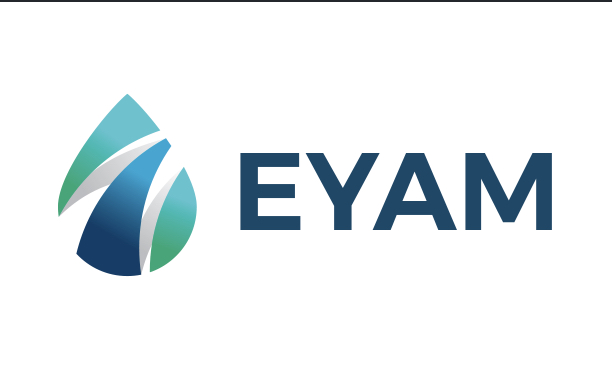VANCOUVER, BC / ACCESSWIRE / August 3, 2022 / Eyam Vaccines and Immunotherapeutics (Eyam), has announced a new licensing agreement for innovative vaccine technologies from the University of British Columbia (UBC), and the James Hutton Institute (JHI). The news comes with the recent development and advancements of new technologies for two novel vaccine vector platforms led by Professor Wilfred Jefferies of Michael Smith Laboratories in Vancouver, Canada, and Dr. Paolo Ribeca at JHI's Biomathematics and Statistics Scotland in Edinburgh, Scotland.

The agreement strengthens Eyam's next-generation vaccines and immunotherapeutics intellectual property portfolio and increases their positioning as an emerging leader in creating disruptive new technologies focused on the prevention and treatment of disease.
"These new technologies will be integrated into Eyam's pipeline of vaccines. Professor Jefferies, together with Dr. Ribeca undertook innovative work to create a new foundation for vaccine design that has the potential to significantly improve efficacy," said Ryan Thomas, Eyam's Chief Executive Officer.
"We've already begun to deploy these technologies and are confident in their ability to improve vaccines to prevent COVID-19, influenza, monkeypox, cancer and other diseases," Thomas said.
These advancements have allowed the design and creation of pandemic-ready vaccines for pathogens, with the potential to confer universal protection. Such a goal is achieved by utilizing a vaccine vector platform based on a novel self-amplifying RNA (saRNA) expression system.
Eyam's saRNA vaccines are rapidly produced under cell-free conditions and are active at very low doses compared to conventional mRNA vaccines-making them cost-effective and scalable to produce by the billion, with lower side effects compared to competitors.
"We are gathering momentum and are currently testing Omicron vaccines in preclinical models and are working on developing a pan-specific SARS CoV-2 Vaccine," said Professor Jefferies, a Professor of Medical Genetic and Microbiology and Immunology at UBC and Chief Scientific Officer at Eyam. Eyam has tested 15 vaccines so far.
"This platform may also greatly improve preparedness for responding to pandemics involving emerging infectious diseases," he added, noting that the disruptive platform technologies will aid in the development of sterilizing vaccines for a variety of diseases studied at Eyam.
Dr. Ribeca, Principal Bioinformatician at BioSS and Director of Bioinformatics at Eyam, said, "a number of diseases and ailments might become a thing of the past based on these disruptive platform technologies."
"The introduction of first-generation RNA vaccines into worldwide clinical use as a response to the COVID-19 pandemic has been a promising first step into a long-due modernization of vaccinology," he said. "They have demonstrated the power and potential of rational vaccine design conducted with modern tools. However, we can and must do more, and fully explore the fantastic possibilities offered by even more advanced technologies."
About Viral Vectors:
Viral vectors deliver genetic material into cells-and have historically been utilized in vaccinology to deliver a subunit, non-infectious form of a virus or pathogen. This messaging pathway equips the host cells with important instructions, sparks an immune response to ward off the disease during a pathogen challenge, and allows the body to recognize the advent of the virus in future instances.
A key tool in vaccine technology, viral vectors have been used historically for creating immunity to smallpox, influenza, polio and other human pathogens. Eyam's new platform has applications for influenza, monkeypox, tuberculosis, SARS-CoV-2, and cancers, as well as other targeted diseases in the Eyam wheelhouse.
These technologies continue to position Eyam globally at the forefront of the rising biotechnology sector of vaccinology, and the company has already developed a number of third-generation saRNA vaccines for SARS-CoV-2 that are currently undergoing preclinical trials in animals, with clinical trials anticipated to launch within a year.
About Eyam:
Eyam Vaccines and Immunotherapeutics is dedicated to the research and development of disruptive vaccine and therapeutic technologies that are safe, efficacious and low dose. Eyam, is named in honor of the historic plague village in Derbyshire, England. The residents of Eyam heroically quarantined themselves within the village boundaries to prevent the disease from spreading further, braving near certain death. Today, Eyam honors their heroic sacrifice by advancing next generation technologies to prevent and treat disease on a global scale.
For further information:
Website: eyamhealth.com
Email: [email protected]
SOURCE: Eyam Vaccines and Immunotherapeutics



